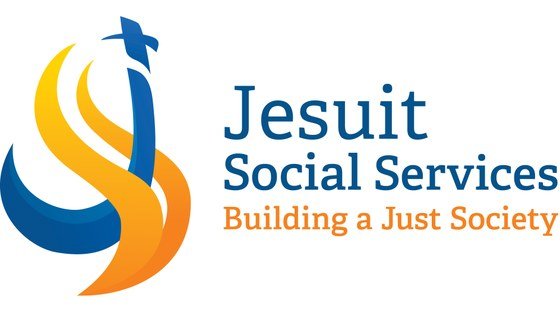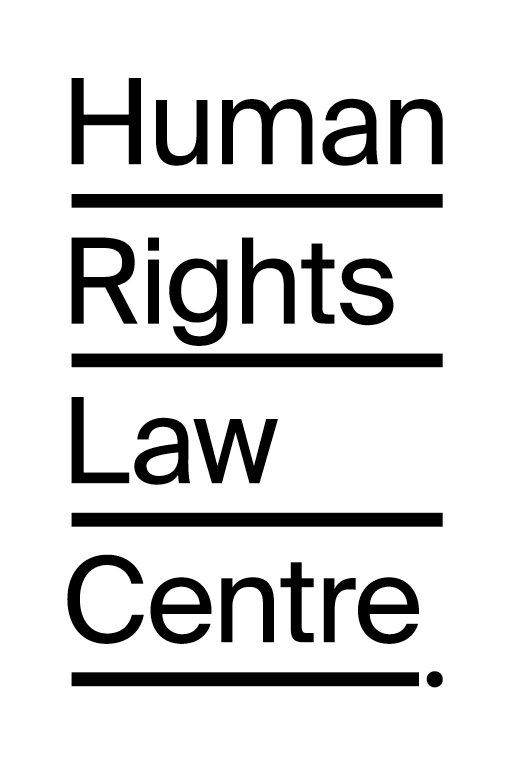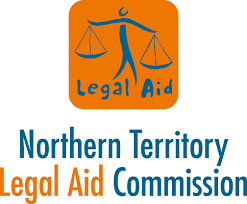NT Government must work with Aboriginal communities after raising age of criminal responsibility to 12
A coalition of Aboriginal, community, justice and human rights organisations says that as new NT laws to raise the age of criminal responsibility to 12 years come into effect today, there is an urgent need for the NT Government to work with Aboriginal communities and organisations to ensure supports and services are available when and where children need them.
The coalition notes that while raising the age of criminal responsibility to 12 is a step in the right direction, Australian laws are out of touch with child rights and international standards which require at a minimum the age be set at 14 years.
As of 1 August, 10 and 11 year old children in the Northern Territory can no longer be arrested, charged with criminal offences or sent to prison. Children under 12 with prior criminal records will also have their records expunged, giving them a fresh start.
Evidence shows that any engagement with the criminal legal system as a child, including the arrest or interrogation of a child by police, can cause harm. This reform is an important first step to a smarter, more humane and restorative approach that keeps children, families and communities safe.
As changes to laws keep younger children away from the justice system, the focus must now turn to working with, and properly resourcing, services on the ground to ensure children and families have their needs met, in their communities and on Country.
The NT government are urged to:
Establish referral pathways and information sharing: Work with service providers on the ground to create referral pathways and enhance information sharing in ways that deliver positive benefits to children and their families. By doing so, children and their families can access the necessary support and services when and where they need.
Empower Aboriginal service providers: Resource local Aboriginal service providers to deliver culturally-appropriate and holistic responses, specifically tailored to the needs of Aboriginal children and their families.
Implement transparent monitoring and evaluation: Commit to rigorous and transparent monitoring and evaluating the outcomes of referral pathways and diversionary efforts. This will help ensure that the initiatives are effective and can be continuously improved upon.
Review and Raise the Age further: Demonstrate a commitment to progress by conducting a review of the Minimum Age of Criminal Responsibility, with the objective of raising the age of criminal responsibility to 14. This would bring us in line with the medical evidence on child brain development and our obligations to protect children's rights.
Increase early intervention and prevention services for Aboriginal children: Guided by the Generational Strategy, increase diagnostic and treatment services delivered to Aboriginal and Torres Strait Islander children by ACCHOs. Young people in detention have high levels of neurodisability and complex health issues which worsen in detention, which is a non-therapeutic environment
This long overdue reform recognises that criminalising children is never the answer to behaviours linked to trauma, disability or complex needs. Research shows that children and young people who have been abused or neglected are at greater risk of engaging in criminal activity and of entering the youth justice system.This is an unprecedented opportunity for the NT government and the social sector to work together to bring about generational change for NT children and their families.
Quotes attributed to Nick Espie, Principal Legal Officer at the North Australian Aboriginal Justice Agency:
“Most Aboriginal kids forced through the NT criminal legal system at a young age are living with unmet health, disability and trauma needs. The vast majority are kids also in the child protection system as victims/survivors of harm. These kids need culturally responsive services and support in their communities that can help them heal, recover and meet their full potential. Changes to laws to raise the age must be complimented by a service response led by Aboriginal people and organisations. These kids deserve better, not simply made to navigate complex systems that fail them.
“NAAJA welcomes this long overdue reform that was recommended by the Don Dale Royal Commission 5 years ago. We look forward to work being done to bring us in line with child rights and international law, raising the age of criminal responsibility to 14.”
Quotes attributed to Dr Stephanie Kelly, CEO at NTCOSS:
“This change signals a move closer to the 2019 recommendations by the UN Committee on the Rights of the Child, including that all countries increase the minimum age of criminal responsibility to at least 14 years of age. It is about intervening earlier to wrap children and families up in supports that disrupt any future contact with the justice system. It will be important to ensure that the right services are available to the children and families concerned if the new legislation is to lead to improved outcomes for children at risk and ultimately, better solutions for children, young people, families and communities.”
Quotes attributed to Maggie Munn, National Director at Change the Record:
“The status quo is completely failing our kids. Almost 100 percent of children behind bars in the NT are Aboriginal and/or Torres Strait Islander - they are being denied their childhoods, a chance to learn from their mistakes and even their rights to fresh air and sunlight. While the changes today are a step in the right direction there is an urgent need to go further. The NT government must work with Aboriginal communities on the ground to see our kids get the care and support they need to thrive.”
Quotes attributed to Amala Ramarathinam, Acting Managing Lawyer at the Human Rights Law Centre:
“This is a positive first step in allowing children in the Northern Territory to thrive in schools, with their families and on Country. Raising the age of criminal responsibility recognises that young children should never have been criminalised for what are health, education and wellbeing issues.
"The Fyles government must now direct government agencies to work closely with Aboriginal organisations and services to implement a strong, evidence-based and well-connected service response that supports the needs of young children and their families.
“The Fyles government has made the Northern Territory the first state or territory to raise the age in Australia. They must follow through by showing real leadership and raising the age to 14 without exceptions.”
Quotes attributed to Julie Edwards, CEO at Jesuit Social Services:
“The recent move to raise the age from 10 to 12 has been a positive first step in helping to ensure children at risk of entering, or already in contact with the justice system, can remain connected to their family, culture and community whilst addressing underlying drivers of offending.
The job is only half done though- if we want to ensure these changes achieve their intended purpose of reducing incarceration rates, of wrapping children and families in services that help divert them away from the justice system and ultimately supporting them to lead positive and healthy lives, we urge the Northern Territory Government to raise the age of criminal responsibility to 14 as soon as possible.”
Available for interview:
Nick Espie, Principal Legal Officer, NAAJA - 0488 651 653
Dr Stephanie Kelly, Chief Executive Officer, NTCOSS - 0429 515 103
Rob McPhee, Chief Executive Officer, Danila Dilba - via 0429 089 172
Media Contact:
Thomas Feng, Media and Communications Manager, 0431 285 275, thomas.feng@hrlc.org.au







